І. Съдържание
Благосклонно Спокойствие (hesychia), дъще на Дике, която държиш ключове на съвети и войни, приеми питийска почит за Аристомен. Защото ти знаеш да дадеш благо да причиниш вреда в уместно време. И когато някой внесе сурова злоба в сърцето си, го посрещаш и побеждаваш, а дързостта му е хвърлена в бездната. Така стана и с бунтовния Порфирион (1-14).
Насилието на надменния унищожава с времето и самия него. Това не избегна нито стоглавият киликийски Тифон, нито царят на Гигантите. И Тифон бе повален с мълния и със стрелите на Аполон; а той самият прие сина на Ксенарх, дошъл от Кира и увенчан с парнаска зеленина и съпроводен от дорийска свита. Не е далеч от Грациите и справедливият остров, украсен със славните добродетели на Еакидите. От самото начало той има съвършена слава, защото е прославена с много победни подвизи и е отгледала най-велики герои (15-27).
Не бих желал да дотежавам с многословие на лирата и песента. Нека литне сега, момче, твоята най-нова награда с помощта на моето изкуство.
Ти следваш борбите на вуйчовците си Теогнет и Клитомах, които победиха в Олимпия и Истъм. Възвеличаваш рода на Мейдилидите и напомняш думите, изречени от Ойклеевия син, когато видя синовете пред седмовратната Тива - Епигоните, когато дойдоха за втори път от Аргос. Той каза "По природа благородната воля преминава от бащи към синове. Виждам многоцветна змия на щита на Алкмеон да върви най-отпред през вратите на Кадъм" (28-47).
ІІ. Коментари
The precise date of this ode is uncertain, but there is strong
internal evidence of its having been written soon after the battle of
Salamis, after which, as is well known, the aristeia, or first
honours for valour, were awarded to Aigina. The insolence of the
barbarian despot seems to be symbolized by that of the giants Typhon
and Porphyrion.
The ode was apparently to be sung on the winner's return to Aigina. No
less than eleven of the extant odes were written for winners from that
island.
(E. Myers)
Aristomenes of Aigina, the son of Xenarkes, belonged to the clan of the Midylidai, and had good examples to follow in his own family. One of his uncles, Theognetos, was victorious at Olympia, another, Kleitomachos, at the Isthmian games, both in wrestling, for which Aristomenes was to be distinguished. His victories at Megara, at Marathon, in Aigina, were crowned by success at the Pythian games. It is tolerably evident that at the time of this ode he was passing from the ranks of the boywrestlers. No mention is made of the trainer, a character who occupies so much space in O. 8.
P. was, in all likelihood, present at the games. The poem seems to have been composed for the celebration in Aigina -- compare tothi (v. 64), which points to distant Delphi...
What is the date?... If we accept the late date, the poem becomes of special importance as Pindar's last, just as P. 10 is of special importance as Pindar's earliest ode...
Hesychia is to Aigina what the lyre is to Syracuse; and the eighth Pythian, which begins with the invocation philophron Hêsuchia, is not unrelated to the first Pythian, which begins with the invocation chrusea phorminx. In the one, the lyre is the symbol of the harmony produced by the splendid sway of a central power, Hieron; in the other, the goddess Hesychia diffuses her influence through all the members of the commonwealth. In the one case, the balance is maintained by a strong hand; in the other, it depends on the nice adjustment of forces within the state. Typhõeus figures here (v. 16) as he figures in the first Pythian; but there the monster stretches from Cumae to Sicily, and represents the shock of foreign warfare as well as the volcanic powers of revolt... Here, too, Typhõeus is quelled by Zeus, and Porphyrion, king of the giants, by Apollo.
The opening, then, is a tribute to Hesychia, the goddess of domestic tranquillity...
Then begins the praise of Aigina for her exploits in the games, and the praise of Aristomenes for keeping up the glory of his house and for exalting the clan of the Midylidai and earning the word that Amphiaraos spoke (vv. 21-40).
The short myth follows, the scene in which the soul of Amphiaraos, beholding the valor of his son and his son's comrades among the Epigonoi, uttered the words: Phuai to gennaion epiprepei | ek paterôn paisin lêma. The young heroes have the spirit of their sires. Adrastos, leader of the first adventure, is compassed by better omens now; true, he alone will lose his son, but he will bring back his people safe by the blessing of the gods...
Such, then, were the words of Amphiaraos, whose praise of his son Alkmaion is echoed by Pindar -- for Alkmaion is not only the prototype of Aristomenes, but he is also the neighbour of the poet, guardian of his treasures, and spoke to him in oracles.
P. now turns with thanksgiving and prayer to Apollo... Success is not the test of merit. It is due to the will of Fortune, who makes men her playthings. “Therefore keep thee within bounds.”
Then follows the recital of the victories, with a vivid picture of the defeated contestants as they slink homeward...
To sum up: The first triad is occupied with the praise of Hesychia, ending in praise of the victor. The second triad begins with the praise of Aigina, and ends with the Midylidai, to whom the victor belongs. The third triad gives the story of Alkmaion, as an illustration of the persistency of noble blood. The fourth acknowledges the goodness of Apollo, and entreats his further guidance; for God is the sole source of these victories, which are now recounted. The fifth presents a striking contrast between vanquished and victor, and closes with an equally striking contrast between the nothingness of man and the power of God, which can make even the shadow of a dream to be full of light and glory. At the end is heard a fervent prayer for Aigina's welfare.
(B. L. Gildersleeve)
The traditional date for this poem is fairly sure at 446 BC. It was written
for one Aristomenes who won the Pythian wrestling contest, and is interesting
as the sole poem of Pindar on a man from Aegina, which had lost her
independence after the Athenian victory in 457. Aegina had been suspected
of a pro-Persian attitude before the Persian Wars, and since Pindar was
Theban and Thebes was suspected of Persian sympathy before the wars, he
may have found himself at one time between the interests of Thebes,
Aegina and a hostile Athens. But his reputation as a poet permitted access to
Athens, where he studied the poetic art in his youth and was valued for his
poetry.
At the time this Ode was written Pindar was near eighty and this is so far as
we know his last victory Ode, and the only one which celebrates Aegina,
which had opposed the imperialist policies of Athens and was repopulated
later around 430 after its defeat, as an Athenian colony. In this poem Pindar
is aware of the difficult position of the island and hopes she will remember
her old glory from the days of the pious and just founder-hero Aeacus, and
still find a place in the new pan-Hellenic world. Aegina in fact never recovered
its former standing as a great naval power rivaling Athens earlier in the
century, and praise of this state in this poem must be seen as a sad hope
which was not borne out by history.
References in the poem to Dike as the personification of justice may have
had more meaning for the Aeginetans than one would at first assume, and
the name of Aeacus in the poem calls up a reputation of piety from a time
when Aegina was infested by plague. Zeus rewarded him for his concern
and aid to the people, and gave him as many people as there were ants on
the island, henceforth named Myrmidons from the word for ant.
The name Aegina also has a special history, as a nymph loved by Zeus who
bore Aeacus and brought her name to this island. The names of Aeacus and
his son Telamon who fathered the greater Ajax and Peleus father of
Achilles are all brought together at the end of the poem, in a resounding
prayer for peace with Zeus and Aegina presiding, thus confirming the
mention of Hesychia or "Quietude" with which the poems starts.
There are other famous names in the poem which must have touched deep
resonances in the politico-religious mythology of the people of that age. For
us many of the names are just items to look up in a book of classical reference,
since the Greek mythic tradition has a mainly literary value in the new
world of the West. And how do we respond to the names of Indra and Vishnu, still alive in Hindu society? Mythic and religious names depend on their social setting for
meaning and impact.
The constant in-weaving of mythic names and actions in Pindar's poetic
fabric is not decorative. It is critical to the poems, but at the same time it is
impossible for us to conjure up their effect in the vivid way he employed it.
(William Harris)
http://community.middlebury.edu/~harris/pindar.pdf
About the Latin Academy in the Vatican
13 years ago
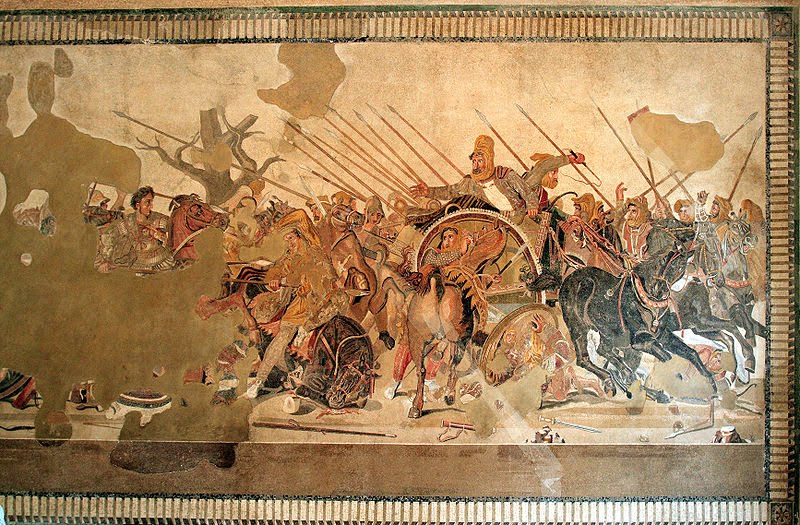
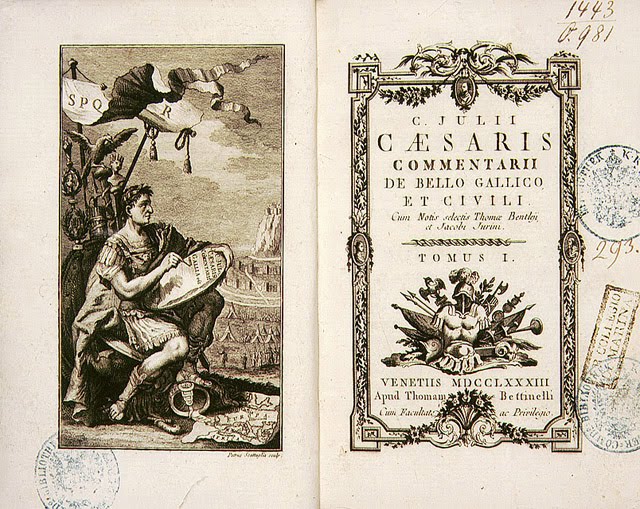
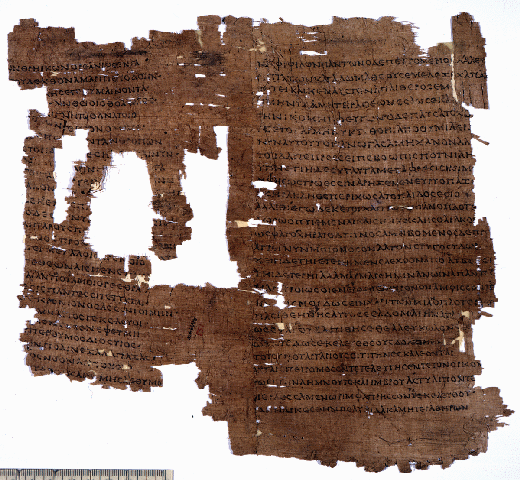
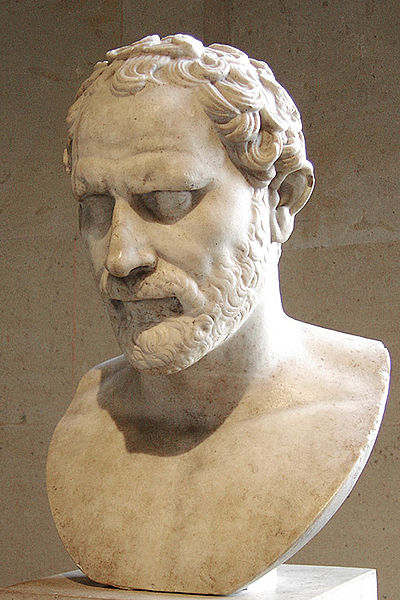


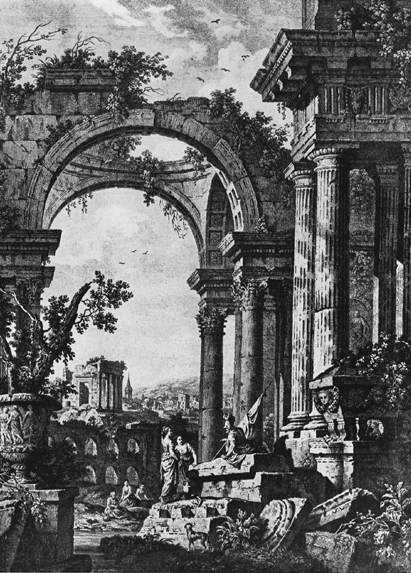




No comments:
Post a Comment